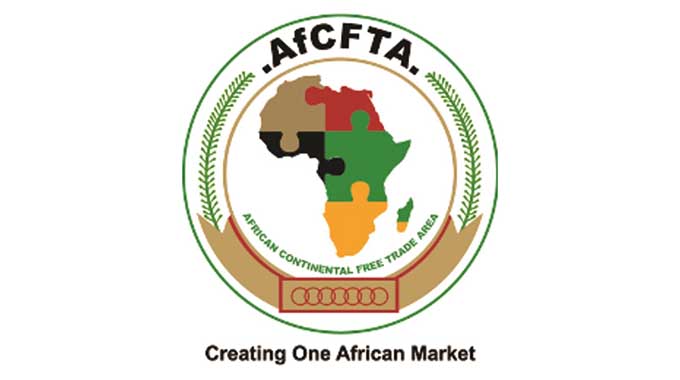Embrace standards to reap AfCFTA gains

Bulawayo Bureau
A STANDARDS and systems certification body for Southern Africa has urged entrepreneurs in the region to embrace quality standards to leverage on opportunities presented by the African Continental Free Trade Area (AfCFTA).
The Business Standards and Systems Certification (BSSC) is headquartered in Zimbabwe and has regional offices in 13 of the 16 countries in the Southern African Development Community (Sadc). It operates in 13 of the 16 countries in Sadc, among them South Africa, Botswana, Mozambique, Namibia, and Zambia.
BSSC’s role is to enhance the competitiveness of business players especially Small and Medium Enterprises (SMEs) in Sadc for them to trade successfully in the AfCFTA. BSSC executive director, Mr Sabastian Zuze, said his organisation was working with national standards bodies to implement the certification process.
“Now that the African Continental Free Trade Area (AfCFTA) has been operationalised, it implies that there is going to be intense competition arising from the opening up of the market to allow goods and services to trade duty free,” he told Business Chronicle.
The AfCFTA, which is the world’s biggest single market began trading on January 1 this year and under the free-trade area agreement, countries have agreed to ensure 99 percent of the tariffs are removed.
“Working in unison with various national standards bodies, BSSC is coming in to implement certification of quality standards and systems of goods and services,” he said.
“The opening up of the free-trade area entails that as goods will be allowed to enter any African country duty-free, there will be intense competition. So, companies need to improve on quality and get certification to enhance market confidence.”
Mr Zuze said following the operationalisation of the AfCFTA, the region was behind in terms of raising awareness on the need to embrace standards and systems, which are integral in raising market confidence.
“By having the systems and standards certified, it implies that we are verifying that the products are safe and this creates confidence in the intended market. The role of BSSC is to make sure that industry is aware of the relevant systems and standards for their sector, to be aware of what the AfCFTA agreement says about their various sub-sectors and then get certified as proof that they have got those systems and standards,” he said.
Mr Zuze said SMEs also need to embrace standards and systems certification to tap into the broader and deepening market created by the AfCFTA.
“Given that most African economies are skewed towards the SMEs sector, this also calls on the need for players in that sector to embrace standards and systems certification to broaden their market base and increase income,” he said.
As of February 5, this year a total of 36 countries have signed and deposited their instruments of AfCFTA ratification with the African Union Commission chairperson.
Of the 55 AU member states, only Eritrea is yet to join. Zimbabwe has deposited its instrument of ratification, which is expected to pave way for the country’s full participation in the estimated US$3,4 trillion bloc and continent-wide market of about 1,3 billion people.






Comments